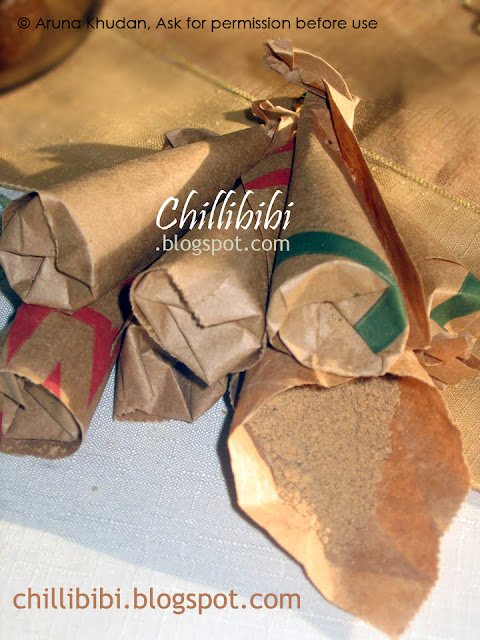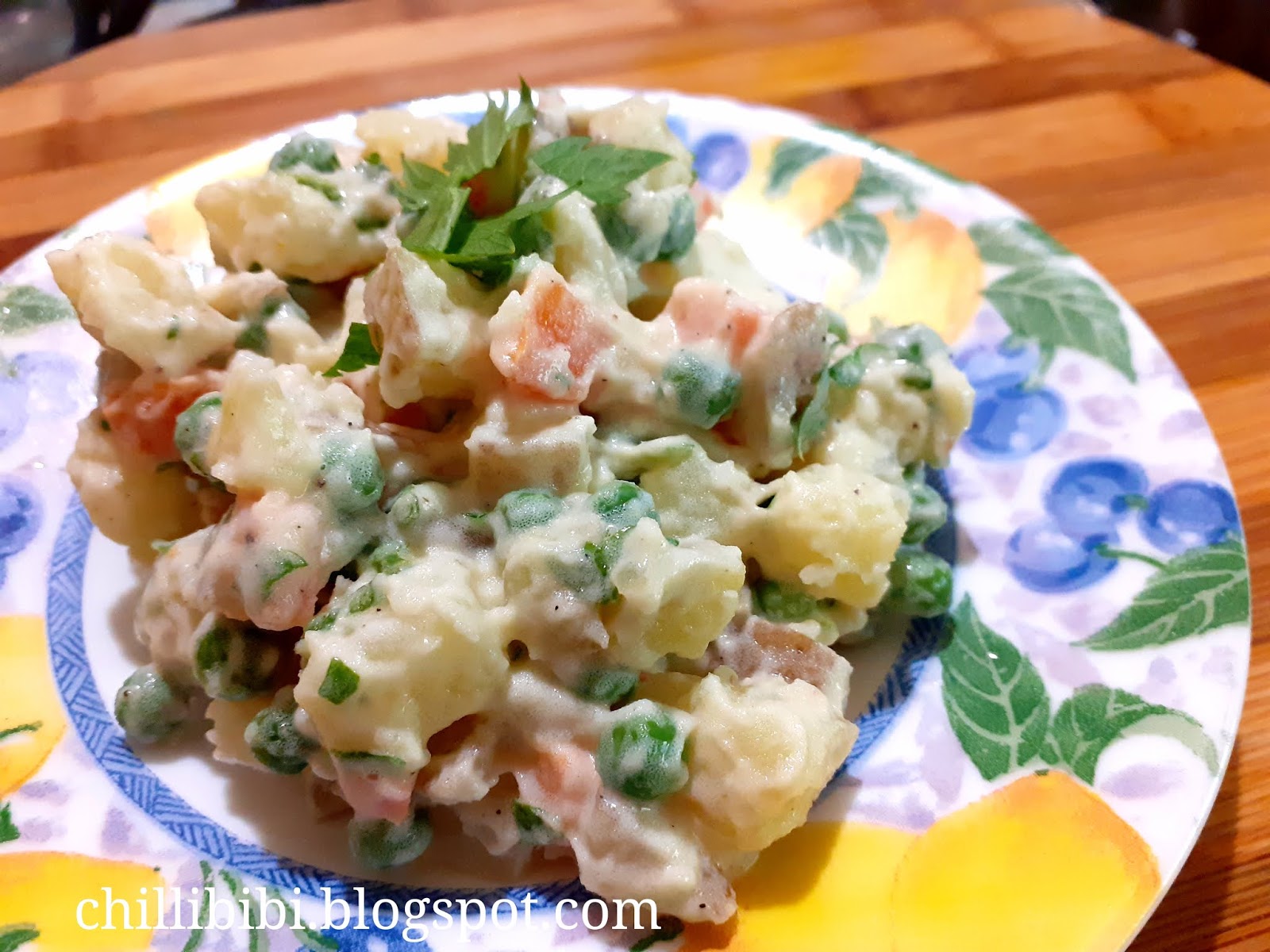History written in Brown Paper
These brown paper cone packets were common long time in Trinidad, I guess the introduction of the plastic bag changed that. My mum told me that when she was small she used to make lots of these to help her grandfather; ‘Baap’. Instead of chillibibi, my mother and her siblings would help my great-grandfather fill 200-500 of these cones with fried channa (garbanzo beans). He would then take the packs of channa and sell them for 2¢ each at the two Cinemas in Penal; the Regent which was an English Movie Cinema and the Sunbeam which showed Hindi films (or as we say in Trinidad ‘flims’)
According to my mother my great grand father ‘Baap’ was just a baby when he arrived in Trinidad from India with his parents (my great-great grand parents). They came to work as indentured laborers in the sugar-cane estates and as you can guess; since I’m still in Trinidad, they stayed.
So you may be wondering what prompted this jolt back into the 1960’s? It was the chillibibi more specifically the paper cones they used to be packaged in. When I asked my mother how to make the cones, she also told me the above story (again). Thankfully my dad did not hear the conversation or I would have been treated to the “When I was small I had to go tie the goat on the hill at six in the morning before I go to school” stories
You’ll need:
A sheet of Brown Paper
Scissors
Procedure
1. Cut the brown paper into a rectangle. You can start with a 14cm × 10cm rectangle to practice. I found this size suitable for the chillibibi but if your filling is channa you'll need a bigger size rectangle.
2. Hold the left bottom corner with your left hand and use it as an anchor while you twist the bottom right corner to form a cone. Try to tighten the cone to about a 2cm diameter at the top; the paper should go at least twice around. This is to ensure that your filling does not spill out, especially if your filling is chillibibi.
3. To secure the cone shape twist the bottom of the cone like the picture on the left.
5. Fold the two (left and right) sides in and then fold the last edge on top. It’s done!
Copyright © 2010 Chillibibi All Rights Reserved







love the story and the history. I remember when doubles and channa came in the brown paper instead of this greypaper now. Never made the cones but loved chillibibi.
ReplyDeletekeep up the great work on the blog!
Nice posts...Brown paper cones brought back some fond childhood memories of rolling the cones and filling them with fried chaana and nuts for my aunt to sell. She was also a master roti maker and cooked roti at a famous roti place in Port of Spain in the 50's.
ReplyDeleteYour articles are very useful. This was a wonderful site and I really enjoy it the data you shared.
ReplyDeleteKeep it up such a nice posting like this.
ReplyDelete